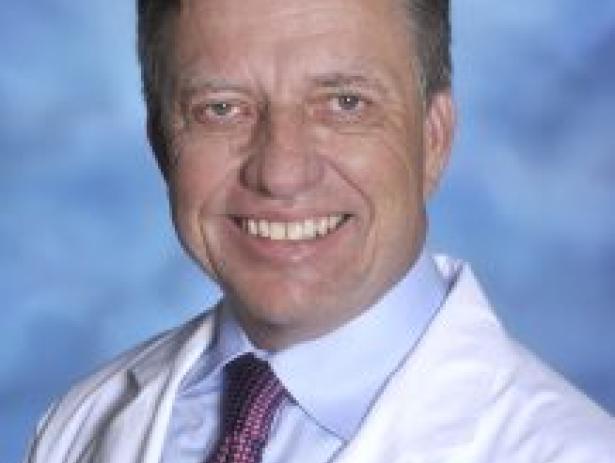October 29, 2017

Dear Members of the HFSA Community,
This is Day 41 of my HFSA Presidency and I am excited about all we have accomplished and our plans for the coming months.
It is with great pride that I oversee the outstanding educational programs that the HFSA is involved with throughout the country. One of the core missions of the HFSA is educating our colleagues and healthcare providers who look after patients with heart failure.
Earlier this month, the HFSA conducted the 2017 Heart Failure Review Course and Update in Scottsdale, Arizona. This was attended by 158 participants from a multitude of specialties reflecting the care team approach to treating the heart failure patient today. The program, led by Sean Pinney, Marie Galvao, and Sheryl Chow covered a broad spectrum of heart failure content, and early feedback was overwhelmingly positive. Over the years, the HFSA's annual scientific session is the focal point of educational activity, followed by the Heart Failure Review Course alternating with the Board Review Course every other year, as our two main programs.
In addition, there are over 25 regional programs throughout the country that are endorsed by HFSA, providing greater outreach to the membership and to our colleagues who are caring for heart failure patients.
At a regional program sponsored by Inova and endorsed by HFSA that was held in Washington DC in mid-October, Robert Califf debated Alan Speir on the Affordable Care Act: where we are going with healthcare in this country; how it may relate to heart failure practitioners, and most importantly, heart failure patients. He lined up some core beliefs that I think are worth reflecting on as we think about the debate that is occurring around healthcare reform. He posed the following questions among others:
- Do you believe that all human beings should have access to basic healthcare or should healthcare be a business in which the sellers of services (doctors and hospitals) sell to those who wish to pay what it takes to get those services?
- Do you believe that healthcare should be based on efforts to identify and treat conditions before they result in serious events requiring urgent care and hospitalization or that health care should be based on responses to illnesses when they occur?
- It is these questions and more that we are faced with in the national healthcare debate in Washington. I think it’s important that we provide affordable and accessible healthcare to our patients.
Send us your thoughts and comments on the work that we are doing at HFSA and your ideas for new programs and services. I look forward to hearing from you.
Christopher O'Connor, MD
President HFSA
@coconnormd
Vision: To Significantly Reduce the Burden of Heart Failure
